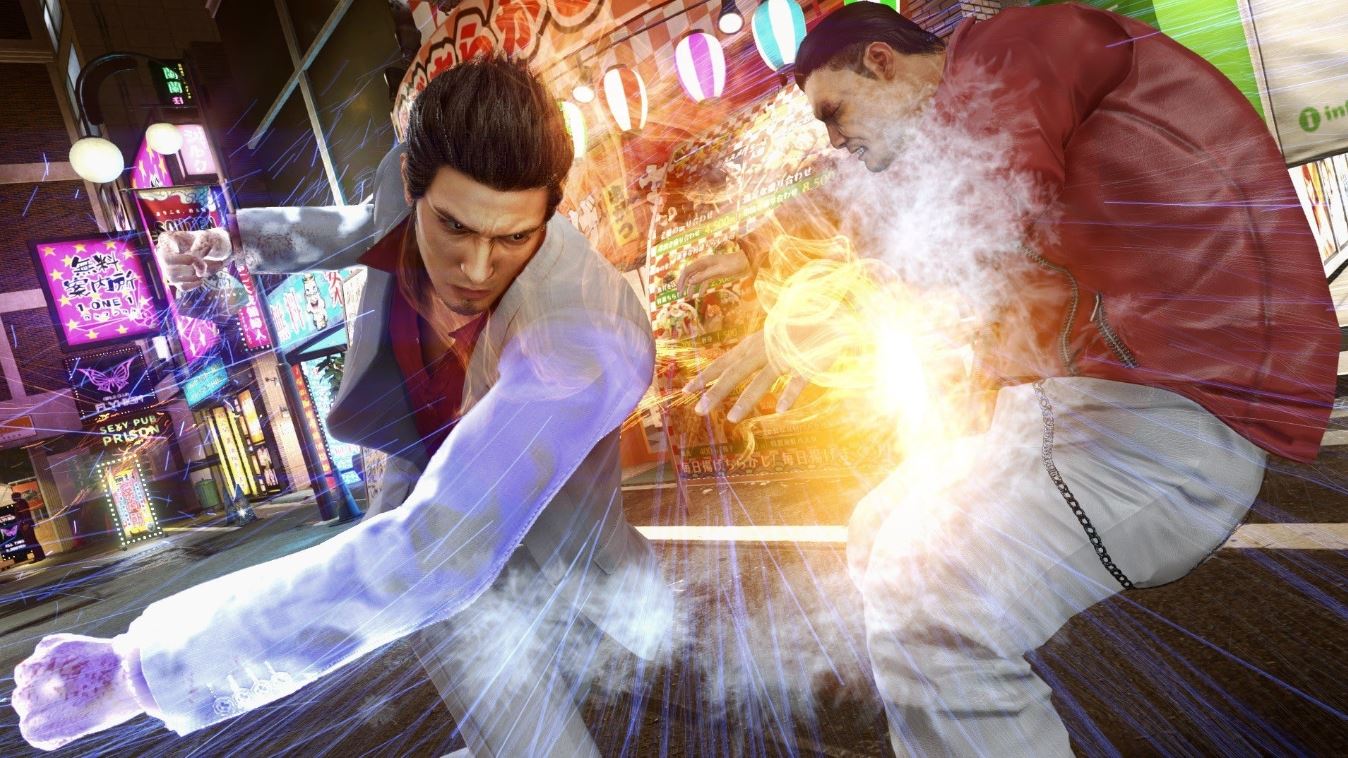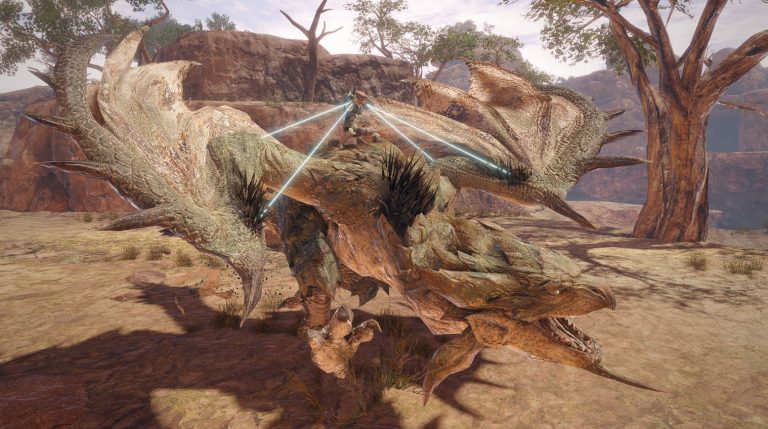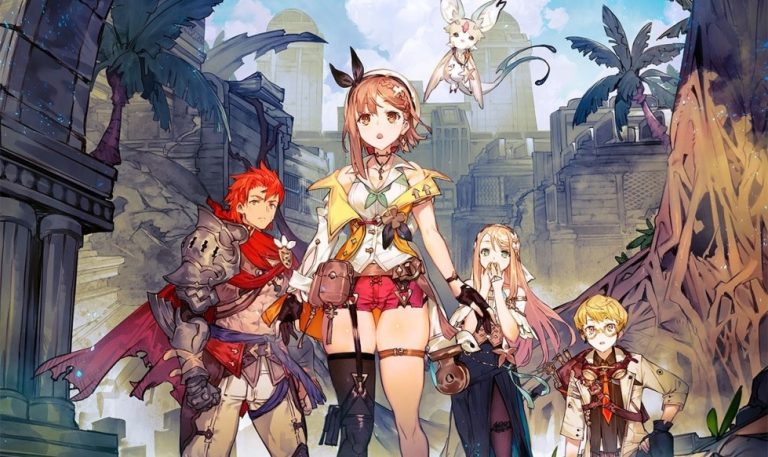To celebrate the 19th anniversary of the first ever Yakuza game, the Like a Dragon series’ technical lead Yutaka Ito shared some insights into how RGG Studio handles the development of remakes and remasters, which make up a big part of the franchise.
In a thread on his personal X, Ito did some myth-busting about remasters being “easy to make” and shared some surprising details, such as the fact that RGG Studio lets programmers take on the role of director for remasters.
Ito starts by explaining that remakes (such as Yakuza Kiwami, Yakuza Kiwami 2 and Like a Dragon: Ishin!) are, from a programmer’s perspective, almost like making a new game from scratch. While things like scenario and character settings are reused, the programs and graphics are developed completely anew using the latest technology. The process involves switching to a new development environment, using new hardware, new systems, and developing new mini-games.
Naturally, this means that remakes require a lot more labor and time than remasters. Remasters are primarily made with the purpose of “making an older game playable on current-generation platforms,” Ito says. But this doesn’t mean that it’s a simple job.
“You might think that developing a remaster is easy, but it’s actually quite troublesome. Let’s say you want to recreate the development environment of a title from 15 years ago for your build. You’ll run into issues such as the Windows version being different, and you may not even be able to install the tools and libraries you used anymore.”
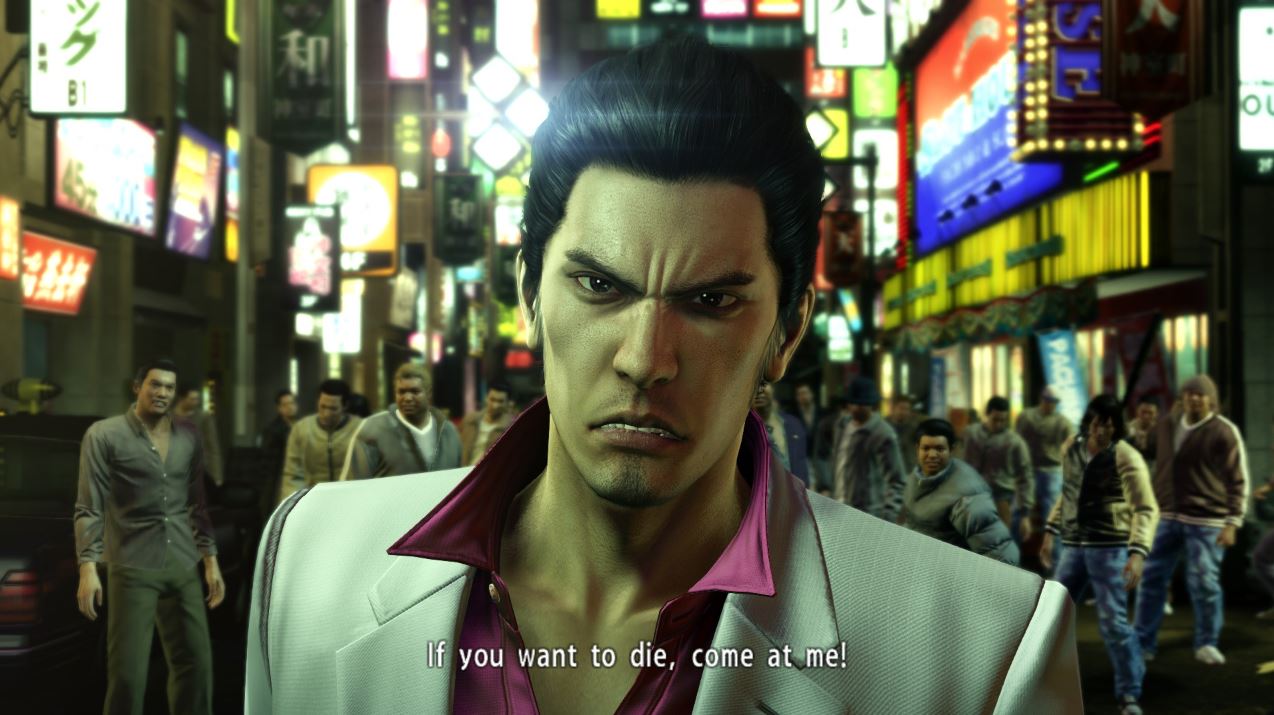
This isn’t where things end either, as Ito explains, “From there, you need to increase texture resolution, double the frame rate, make the game compatible with multiple platforms, and do various other quality-related improvements needed to keep up with the times.”
Since making remasters involves mostly technical work, as Ito described, RGG Studio often has a programmer take on the role of director. This was apparently the case for releases like the Yakuza Remastered Collection, Judgement Remastered, and the recent Nintendo Switch version of Yakuza Kiwami.
Ito explains that this approach is beneficial for encouraging RGG Studio’s programmers to develop skills outside of programming work and helps projects run more smoothly. In this sense, Ito remarks, “developing remasters is a win-win situation for both the programmers and the company.”
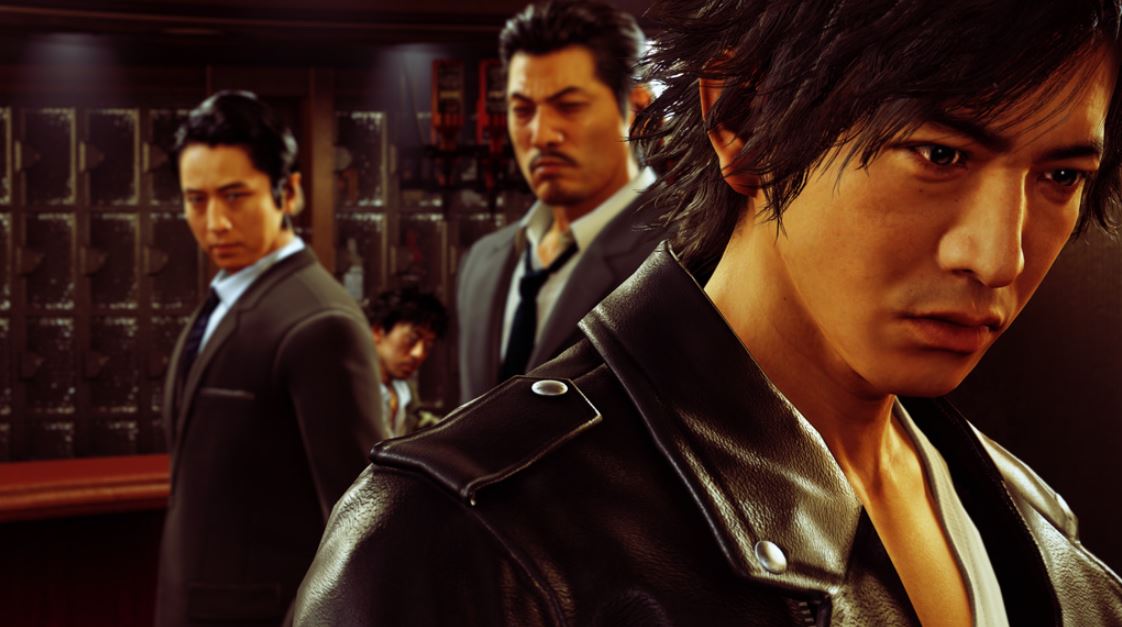
The Like a Dragon series’ technical team has previously spoken to AUTOMATON about the fascinating ways RGG Studio trains its programmers to not only acquire knowledge about game development but also gain a sense of responsibility and confidence. This approach of letting programmers take the lead for remasters seems to fit right into that policy.

